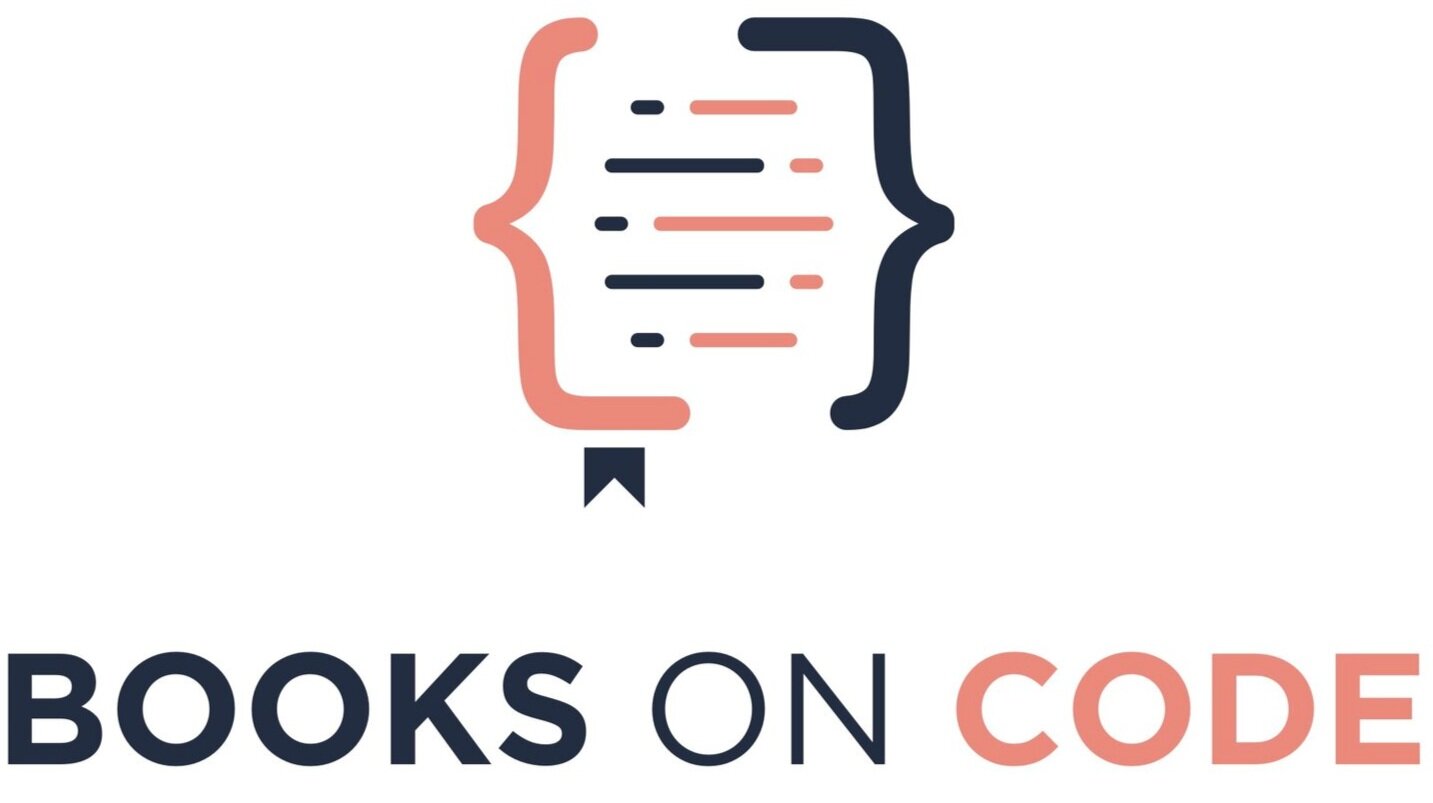3 Coping Strategies for Programmers in Quarantine
When something like a personal crisis or a global pandemic such as the notorious coronavirus (also known as COVID-19) occurs, a war is waged on our concentration.
In quarantine, we are in a state of survival. Our timeline is narrowed. Instead of thinking about the future in months or years, we think days or weeks. The near future is so unknown that looking at next week feels like looking at next year.
This rapid shift in perspective can make working on long-term projects feel very, very difficult. Our mind wants to focus on the needs of the immediate present — food and shelter — and yet our real livelihood comes from our slow, deliberate, project-driven craft of writing software. After all, programming is how we get paid.
Below, I describe three ways to shift your mindset during a personal crisis to get through it stronger than ever.
Coping Strategy #1: Take a Break from Professional Development. Instead, Find Comfort in Your Space.
At Books on Code, I recommend reading books about programming. I encourage investing in yourself and bringing your career to new heights. But in unique cases such as a personal crisis, I encourage slowing that down.
If you are like me, suddenly being home always and 100% remote, you find yourself with a radical life change. It is unfair to expect yourself to maintain the same level of concentration and productivity as you did before. For me, this meant studying and maintaining Books on Code. We are learning a new way of living, and so we are taxing our minds more than normal.
We may not be as in the mindset for professional investment as we once were, but I understand the urge to try to push yourself to remain on the same trajectory for 2020 as you were before. I give you permission to let go and shift your focus to self care.
Instead, we need to take an introspective approach and truly realize the space we are in right now.
Being home so regularly has allowed me to form a new relationship with what it means to be ‘home.' I need to respect the space I am in all the time, because I must like being in it. I have no alternative. I now think mindfully and deliberately about regular, everyday activities such as cooking meals, cleaning, walking my dog, and doing at-home workouts.
There has never been a better time to slow down, get introspective, and appreciate the little moments.
This is an opportunity for mindfulness and gratitude.
An opportunity to enjoy your meals, the morning sun, the crisp air, and the stillness.
It’s a unique opportunity.
Coping Strategy #2: Shift Your Mindset for a New Economy
A concern I hear often is from junior developers in the middle of a job search when the pandemic occurred. Scheduled interviews vanished from the calendar. Instead of a hiring boom, there’s layoffs.
Have we went from a buyer’s market to a seller’s market, just like that? Just a second ago, companies could not hire fast enough.
Those looking for a career change into development are wondering if they should pause their job search.
The general professional answer is always the same: don’t pause. If you stop looking for opportunities, then you won’t find them. The only big expense you are making in your search is in your time and the emotional vulnerability you feel. Don’t let that nagging voice stop you. Persevere!
My recommendation: adjust your expectations and stay resilient. Whatever timeline you had in mind to find a job, relax those expectations and let the pressure off.
Also, keep in mind that a new economy is emerging. While there are industries that are severely hurting, there are other businesses that are booming. Shift your perspective to think about the industries that are suddenly drowning in demand for their services. They probably need someone like you.
When the crisis passes and our economy bounces back, I can’t imagine our markets will return in the same way. The sudden demand to offer services remotely expedited an eventual trend. Once we see the power of all we are able to do remotely, life in-person is bound to alter.
Coping Strategy #3: Define your “Good Enough For Now"
Figure out exactly what you need to do to make your days successful. But “successful” needs to be redefined. By “successful,” I mean “sufficient.”
As the book Designing Your Work Life recommends, define what is “good enough for now”. You may have already experienced this: many of your struggles and pains have shrunk away now that other worries have taken precedence.
You have many pains in your personal life and career that have been complaints for a long time — things that "could be better", but sometimes it’s optimal to forget that metric and focus on a different one: what is “good enough.”
If what you have is working well enough currently, now is not the time to tinker with it. Instead, have gratitude for what works: a life raft that floats is a thousand times better than one that doesn’t.
Define what is sufficient and be happy with it. Not for forever. Just for now. There is so much that is working — and we have built so many skills that can sustain us — so allowing some aspects of our life to ‘just run’ without tinkering is refreshing, and we can be pleasantly surprised how nice of a life raft we built for ourselves already.
There you have it. I hope these three coping strategies help you as you navigate this terrain. We are in a strange time at work. The ultimate message is to be more forgiving toward yourself, as we all need to be.
If you liked this article, please share it. And feel free to sign up to receive my Books on Code newsletter below.
I will see you next time. 👋😊

